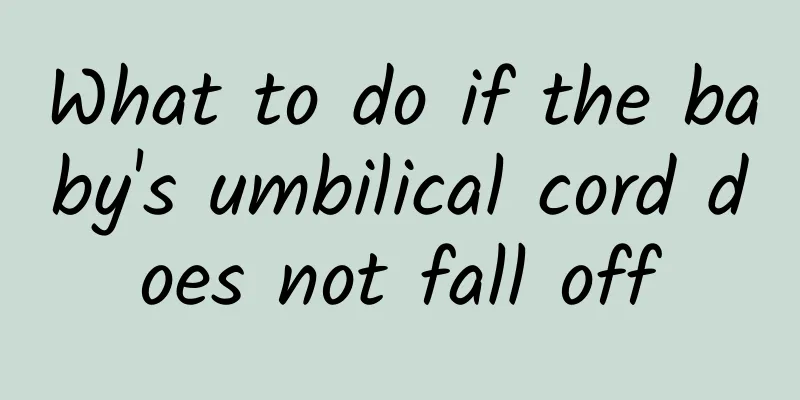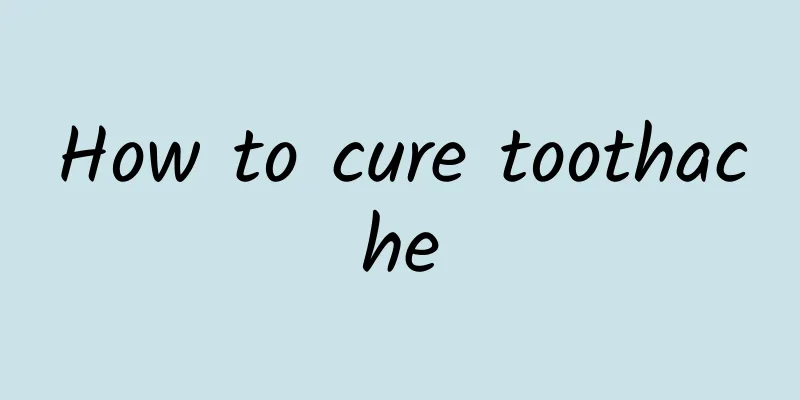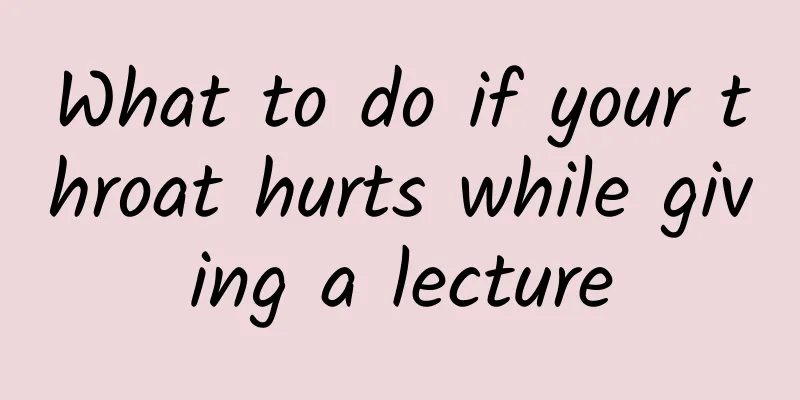What are the sequelae of orthodontics?

|
The cleanliness of teeth will directly affect everyone's image and temperament. When some people find that their teeth are not good-looking, they often correct them through orthodontic treatment. Some patients are afraid that the correction method will damage their teeth. In medicine, many diseases have some side effects during the treatment process, such as side effects of drugs or sequelae of surgery, etc. So what are the sequelae of orthodontic treatment? First, what are the side effects of orthodontics? Impact on the dental pulp: In the early stages of treatment, a mild, temporary inflammatory response occurs in the dental pulp, which manifests as pain or discomfort in the first few days of force application. However, experiments have shown that this effect is of no clinical significance. Impact on tooth roots: During orthodontic treatment, reconstructive activities such as absorption and proliferation also occur on the surface of the tooth roots. After treatment, the tooth root will return to normal through its own repair ability, but if too much force is applied during treatment, the risk of root resorption will increase. Second, the impact on the height of the alveolar bone: For people who have undergone orthodontic treatment, the height of the alveolar bone will decrease slightly. This is because wearing braces makes it difficult to maintain oral hygiene, increases the chance of developing gingivitis, and has a certain impact on the alveolar bone. After the treatment is completed, the alveolar bone will no longer continue to be absorbed. If oral hygiene is maintained well, the alveolar bone will gradually return to normal. What are the side effects of orthodontics? Loose teeth: Under normal circumstances, each tooth has a certain degree of physiological mobility to buffer chewing pressure and prevent tooth trauma. During orthodontic treatment, teeth may become more mobile, which is normal. For teeth to move, the alveolar bone and periodontal ligament need to be reconstructed, because the teeth are fixed in the alveolar bone by the periodontal ligament, so the teeth will become loose. However, after the teeth are corrected to their normal position and stop moving, the teeth can use their own repair ability to reattach the periodontal membrane and become stable, without permanent damage. Therefore, if it is clinically found that the teeth are too loose, the force should be stopped and the teeth should be allowed to recover for a period of time before continuing to apply force. |
<<: Introduction to Chinese Medicine Pulse Diagnosis
>>: What are the sequelae of facial paralysis?
Recommend
Do foreigners need no treatment for mycoplasma?
The survey found that about 60% of people have my...
Are contraceptive pills effective if taken after sex? This is the answer from authoritative experts!
As we all know, there are emergency contraceptive...
The efficacy and function of Tribulus terrestris
Speaking of caltrops, everyone knows that they we...
What to do if you accidentally eat loquat kernels
Loquat kernels contain certain toxic ingredients,...
How to prevent and treat emphysema
The lungs are very important organs in our human ...
What to eat to cure cough and phlegm
With the rapid development of modernization, peop...
Anesthesia for thyroid surgery
When there is a problem with the thyroid gland, w...
What to do if your teeth shift
Tooth displacement refers to the complete eruptio...
How to treat mumps? Combining Chinese and Western medicine works fast!
Mumps is a common respiratory infectious disease ...
Is sepsis contagious?
Some people may not know much about sepsis and ma...
Why does a nine-month-old baby sweat a lot?
Parents who take care of children will find that ...
No obvious urge to urinate
Some people experience painful urination due to g...
Precautions after freezing corns
The treatment of corns is still relatively diffic...
Can Astragalus and Wolfberry be soaked in water and drunk together?
Nowadays, people pay more and more attention to h...
The efficacy of Lingzhi and American Ginseng tea
Wild Ganoderma lucidum and Korean ginseng have be...









